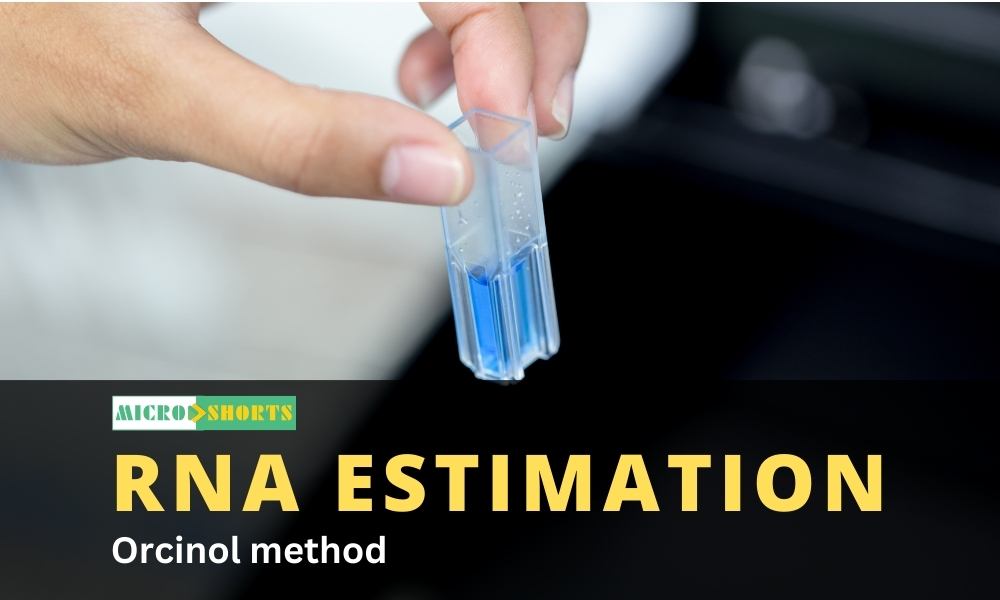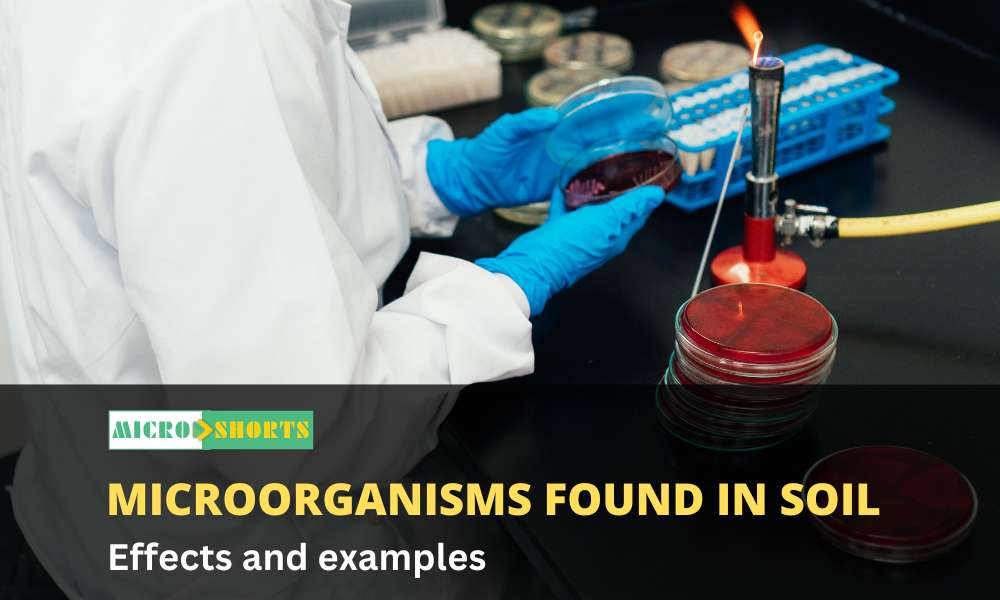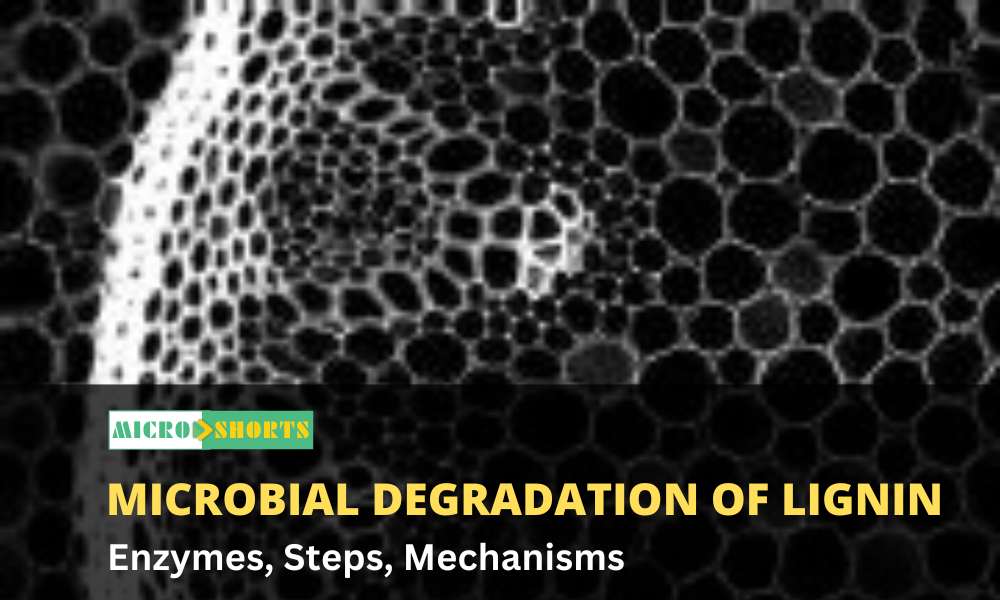Introduction
The SARS-CoV-2 pandemic has been one of the most significant global health crises in human history. While numerous therapeutic strategies have been proposed for COVID-19 management, none have proven entirely sufficient. Vaccines have emerged as a critical tool in controlling the spread of the virus and mitigating severe outcomes.
Explanation of Covishield Vaccine
Covishield, developed by AstraZeneca in collaboration with the University of Oxford and manufactured by the Serum Institute of India (SII), utilizes a viral vector platform instead of mRNA technology. This vaccine uses a modified chimpanzee adenovirus, ChAdOx1, to deliver the COVID-19 spike protein into human cells. This approach effectively trains the immune system to recognize and combat the SARS-CoV-2 virus by triggering an immune response that leads to antibody production against the spike protein.
Overview of Thrombosis with Thrombocytopenia Syndrome (TTS)
Thrombosis refers to the formation of blood clots within blood vessels, which can obstruct blood flow and cause serious health issues such as heart attacks and strokes. Thrombocytopenia, on the other hand, is a condition characterized by a lower-than-normal number of platelets in the blood, which are crucial for clotting. TTS, associated with COVID-19 vaccines like Covishield, involves both thrombosis and thrombocytopenia.
Mechanism of Vaccine-Induced Thrombotic Thrombocytopenia (VITT)
VITT is a rare condition characterized by the development of blood clots and a low platelet count after vaccination. The mechanism is thought to be similar to heparin-induced thrombocytopenia (HIT), where IgG antibodies cause a pro-thrombotic condition by forming complexes between platelet factor 4 (PF4) and heparin, leading to platelet activation and clot formation.
In some individuals, the Covishield vaccine may trigger the immune system to produce antibodies that mistakenly activate platelets. This can result in the formation of clots while simultaneously reducing the overall platelet count in the blood, leading to thrombocytopenia.
Role of PF4 Antibodies
PF4 antibodies play a significant role in the development of VITT. These antibodies, part of the immune response, target platelet factor 4, leading to platelet activation and aggregation. This process can result in the formation of blood clots in unusual locations, posing a risk of serious complications such as heart attacks, strokes, or pulmonary embolisms.
Conclusion
Vaccination remains a vital tool in the fight against COVID-19. The occurrence of rare conditions like TTS emphasizes the importance of rigorous monitoring to ensure the continued safety and efficacy of vaccines. If you have concerns or questions about COVID-19 vaccination, it's essential to consult with healthcare professionals or trusted sources.
"Thank you for reading! If you found this article informative, consider sharing it with others. Stay safe, and keep yourself informed with reliable health updates."








